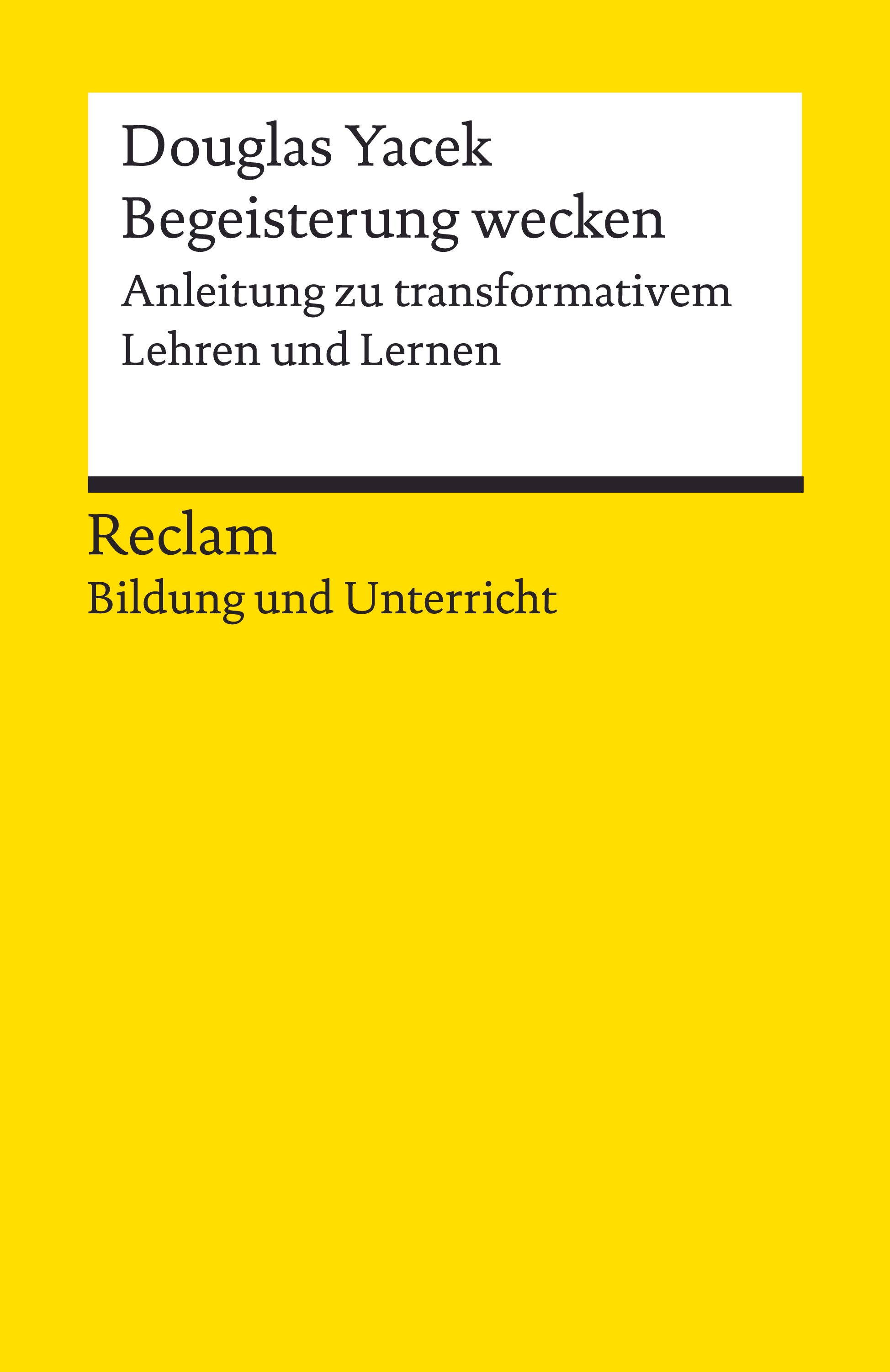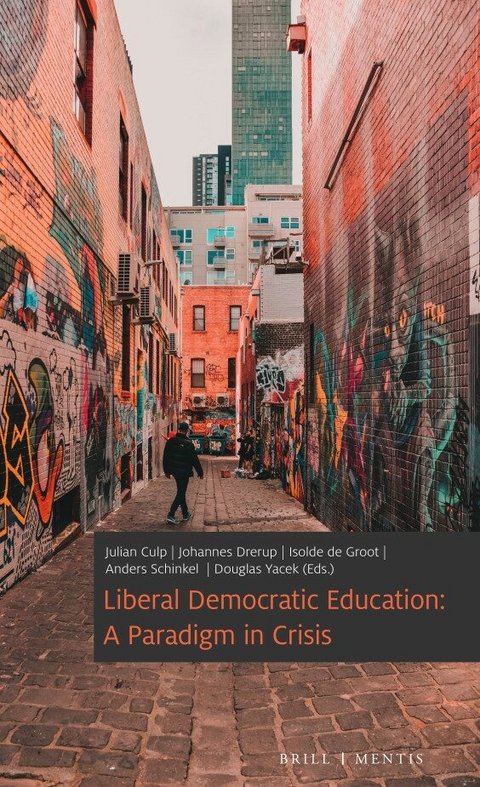Books.
On the Edge of Their Seats
Post & Lintel Books, 2024
An epidemic of boredom is spreading through our nation’s schools and colleges. Students across America are disengaged at depressingly high levels; they are continually distracted; and they often see their education as a series of dull and uninspiring classes that they simply must endure. Is there any hope for this bored and distracted generation? Can teachers turn the tide of the boredom epidemic by making their classrooms places of excitement and inspiration?
Awakening Student Engagement
Reclam Verlag, 2023
Students overwhelmingly report being disengaged from school and bored in their classes. They struggle to see the meaning of their educational experiences beyond career preparation and material success. How can teachers awaken genuine excitement for the subjects they teach? How can they capture students’ imagination and spark lasting engagement with their subjects? In short, what does teaching look like that is truly transformative? This book introduces readers to several teachers who have profoundly transformed the lives of their students and to the intuitive methods they used to do so.
The Transformative Classroom
Routledge, 2021
Transformative approaches to teaching and learning have become ubiquitous in education today. But what exactly does it mean to be transformed? What should teachers be transforming students into? Should they really attempt to transform students at all? Drawing on important insights from psychology and philosophy, this book provides a new theory of transformative education and shows how it improves upon some of the most influential approaches today. In doing so, the book offers concrete practical guidance to teachers who hope to create a space for transformation in their classroom.
Nietzsche’s Philosophy Of Education
Routledge, 2018
Nietzsche’s Philosophy of Education makes the case that Nietzsche’s philosophy has significant import for the theory and contemporary practice of education. By providing novel reinterpretations of Nietzsche's ethical theory, political philosophy and philosophical anthropology, the book outlines concrete ways in which these ideas can enrich teaching and learning in modern democratic schools. This is one of the first comprehensive engagements with Nietzsche’s philosophy which attempts to determine his legacy for education. As such, this book makes a unique contribution to both the philosophy of education and Nietzsche scholarship.
Edited Volumes
Moral Education in the 21st Century
Cambridge University Press, 2023
Moral education is an enduring concern for societies committed to the value of justice and the wellbeing of children. What kind of moral guidance do young people need to navigate the social world today? Which theories, perspectives, values, and ideals are best suited for the task? This volume analyses several important developments in ethics and moral psychology and discusses how key moral problems can be addressed in contemporary classrooms. In doing so, the volume helps readers develop a deeper understanding of the complexities of helping young people grow into moral agents and ethical people.
The Cambridge Handbook of Democratic Education
Cambridge University Press, 2023
What kind of education is needed for democracy? How can schools respond to the challenges that current democracies face? This unprecedented Handbook offers a comprehensive overview of the most important ideas, issues, and thinkers within democratic education. Its breadth of purpose and depth of analysis will appeal to both researchers and practitioners in education and politics. The Handbook addresses not only the historical roots and philosophical foundations of democratic education, but also engages with contemporary political issues and key challenges to the project of democratic education.
Education und Transformation
J.B. Metzler, 2022
The idea of transformation has become ubiquitous in educational research. From a transformative perspective, education is no longer considered solely to be the acquisition of subject-specific knowledge, competencies, or canonized educational goods, but primarily as a process in which our relationship to ourselves, to others, and to the world is fundamentally transformed. But what exactly does it mean to experience a transformation? What theories of transformation exist in educational research? What are they useful for and where do they have weaknesses? This volume addresses these and other key issues in the contemporary discussion of education and transformation.
Liberal Democratic Education
Mentis, 2022
It has often been noted that liberal democracies are facing a serious political crisis. A common reaction to this situation is to call for more comprehensive or more effective liberal democratic education. This volume discusses some of the most important challenges to and critiques of the paradigm of liberal democratic education. In doing so, it offers novel insights into how liberal democratic education can be amended, extended or qualified to address the special challenges of the current political moment.
Should Teachers Talk Politics?
Kohlhammer, 2021
Are teachers allowed to disclose their political views? To what extent are they obliged to be politically neutral in the classroom? How should they deal with controversial and polarizing topics in class, e.g. immigration, climate change, COVID- 19 pandemic, etc.? How should they address to extremist, illiberal, and anti-democratic statements made by students? These questions are not solely of academic relevance. The controversy about the appropriate pedagogical treatment of controversial topics has become a politically explosive topic debate. This volume deals with this controversy and draws concrete practical conclusions for the teaching environment in various subjects.








